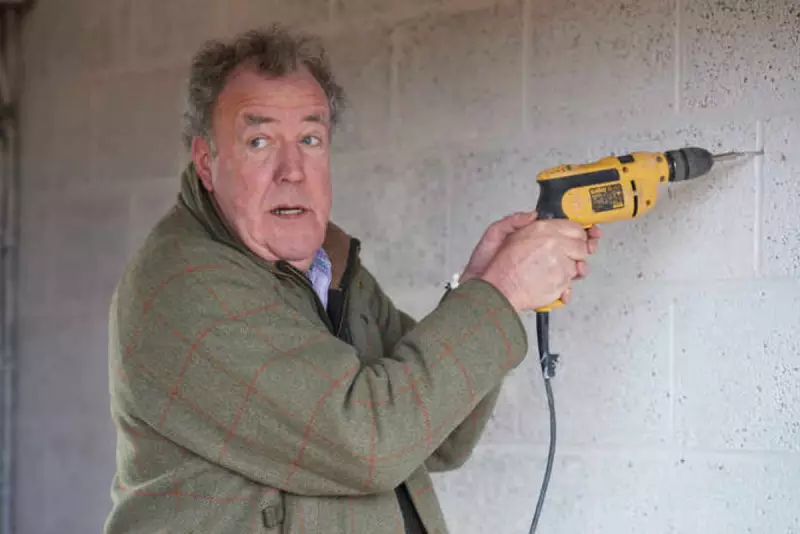
Move over, law and medicine. The most unlikely of television stars is now driving a massive surge in career aspirations, as Jeremy Clarkson's foray into farming proves to be a powerful recruitment tool for the agricultural industry.
New data reveals that applications to study agriculture at UK colleges have skyrocketed, with institutions reporting a direct and undeniable 'Clarkson's Farm effect'. The Amazon Prime Video show, which follows the famously opinionated presenter's misadventures running Diddly Squat Farm in the Cotswolds, has made the gritty reality of farming unexpectedly appealing to a younger demographic.
The Numbers Don't Lie
One of the UK's leading agricultural colleges, the Royal Agricultural University (RAU) in Cirencester, has reported a staggering rise in interest. Applications have surged, with a significant increase in enquiries from students who have cited the hit show as their primary inspiration.
This trend is echoed nationwide. The show has successfully demystified the agricultural sector, showcasing both its immense challenges and its profound rewards, making it a suddenly attractive and viable career path for thousands.
More Than Just Entertainment
While Clarkson's trademark humour and chaotic approach provide the entertainment, the show's real success lies in its honest portrayal of British farming. It doesn't shy away from the financial pressures, the bureaucratic red tape, and the sheer physical hardship involved.
Yet, it also beautifully captures the passion, the connection to the land, and the critical importance of the farming community. This balanced view has resonated deeply, creating a new-found respect for the industry and those who work in it.
Inspiring a New Generation
University officials and agricultural leaders are hailing the phenomenon. For an industry often facing concerns about an ageing workforce and a need for fresh innovation, this influx of interest is a welcome and unexpected boon.
The 'Clarkson's Farm effect' demonstrates the powerful role media can play in shaping perceptions and driving real-world engagement. It's not just a television show; it's become a catalyst for change, ploughing a new furrow for the future of British agriculture.





